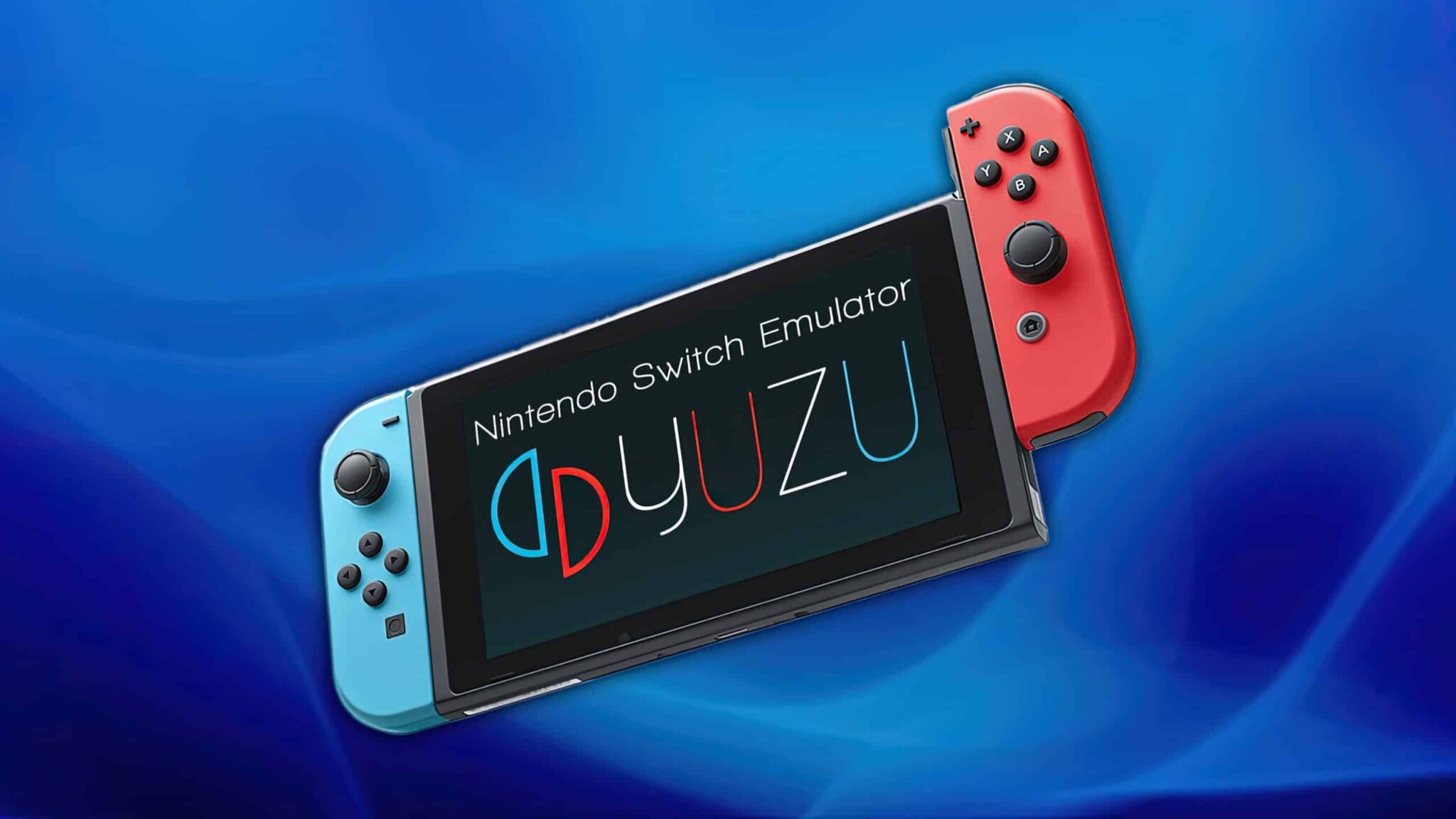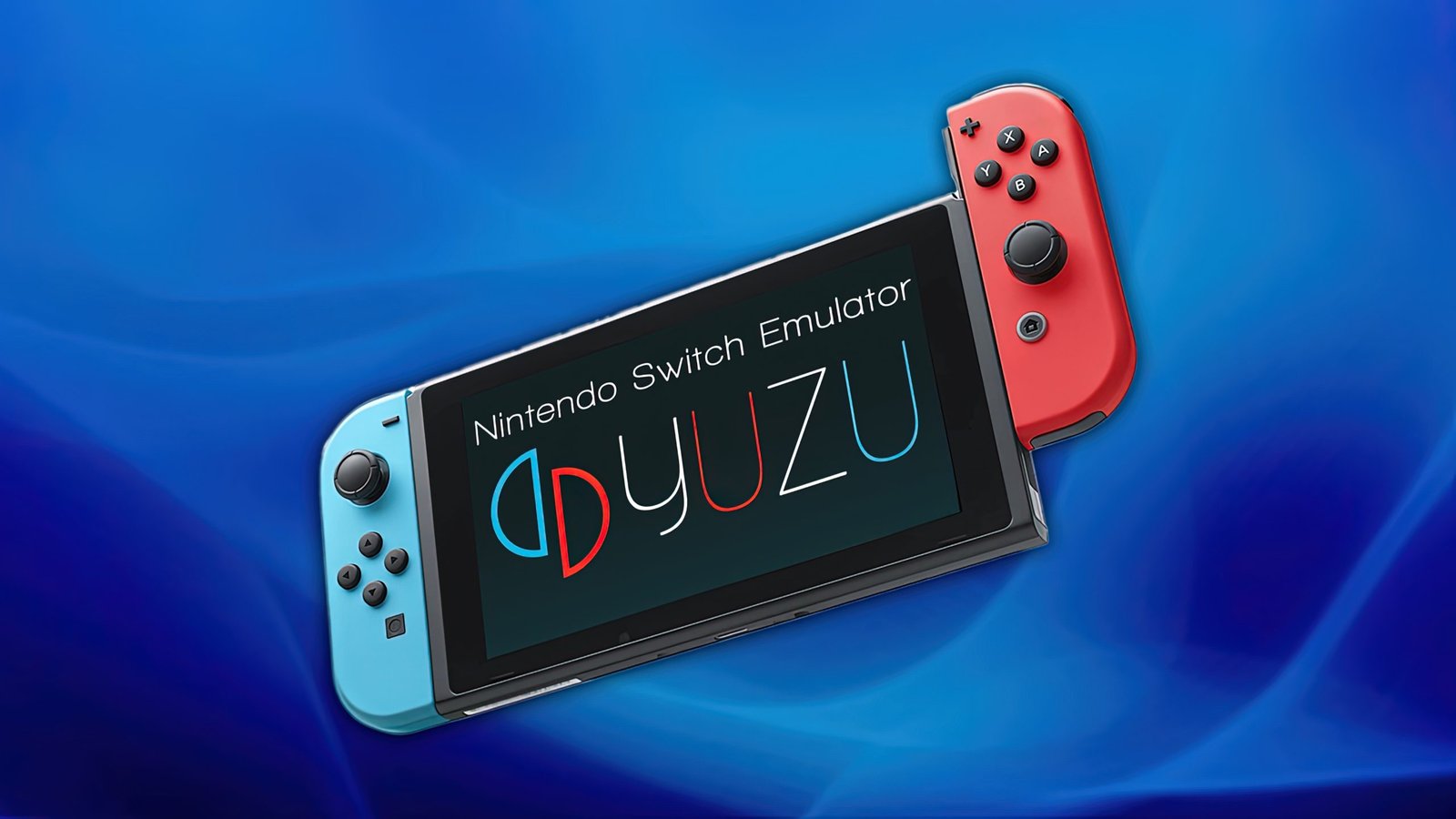In an unprecedented move, the popular Nintendo DS emulator Drastic has become freely available, marking a significant turn in the emulation landscape. This development emerges amidst the fallout from a high-profile lawsuit filed by Nintendo against the creators of the Yuzu, a Nintendo Switch emulator, spotlighting the intricate dance between copyright law, technology, and the emulation community.
Key Highlights:
- Nintendo has filed a lawsuit against Tropic Haze LLC, the developers behind the Yuzu emulator.
- The lawsuit underscores Nintendo’s stance against piracy, claiming Yuzu facilitates widespread unauthorized use of its games.
- The outcome of the Yuzu lawsuit could reshape legal precedents related to emulator software.
- Drastic, a leading Nintendo DS emulator, transitions to a free model in the wake of the Yuzu lawsuit’s repercussions.
Nintendo’s Legal Standoff with Yuzu
Nintendo’s decision to take legal action against the developers of the Yuzu emulator is a clear demonstration of the company’s commitment to protecting its intellectual property. By alleging that Yuzu’s software infringes upon Nintendo’s copyrights through enabling unauthorized use and distribution of its games, the gaming giant highlights the serious implications of technology that potentially facilitates piracy on a broad scale. The lawsuit aims to halt the development, promotion, and distribution of Yuzu, demanding significant damages for violations under the Digital Millennium Copyright Act (DMCA).
The Legal Quandaries of Emulation
The core of Nintendo’s lawsuit against Yuzu centers on the emulator’s ability to circumvent encryption layers designed to protect Switch software from unauthorized copying and usage. This capability is achieved through the use of “prod.keys,” which are sourced from legitimate Switch hardware, allowing Yuzu to decrypt Switch game ROMs. Although the emulator does not inherently include these keys, requiring users to obtain them independently, Nintendo’s lawsuit points to the guide provided by Yuzu on how to extract these keys and game files from a Switch console, thus facilitating direct infringement.
Drastic’s Free Release: A Strategic Shift
Amid the legal controversies surrounding Yuzu, the Nintendo DS emulator Drastic has made a notable shift by becoming available for free. This move could be seen as a strategic response to the changing dynamics in the emulation landscape, influenced by the legal pressures and public discourse stemming from the Nintendo vs. Yuzu case. By offering Drastic for free, the developers might be navigating the complex waters of emulation legality, possibly seeking to avoid similar legal challenges or to align with the community’s expectations in a time of heightened scrutiny.
The transition of Drastic to a free model amid the fallout from Nintendo’s lawsuit against Yuzu underscores the precarious balance between copyright protection and the emulation community’s pursuit of accessibility. As legal battles like the one against Yuzu potentially redefine the boundaries of what is permissible within the realm of emulation, developers and users alike navigate a landscape fraught with both opportunities and challenges. Whether these developments will lead to more open access to emulated games or usher in a new era of restrictions remains to be seen. However, one thing is clear: the implications of these legal and strategic moves will reverberate through the emulation community for years to come, setting precedents and shaping the future of game emulation.































